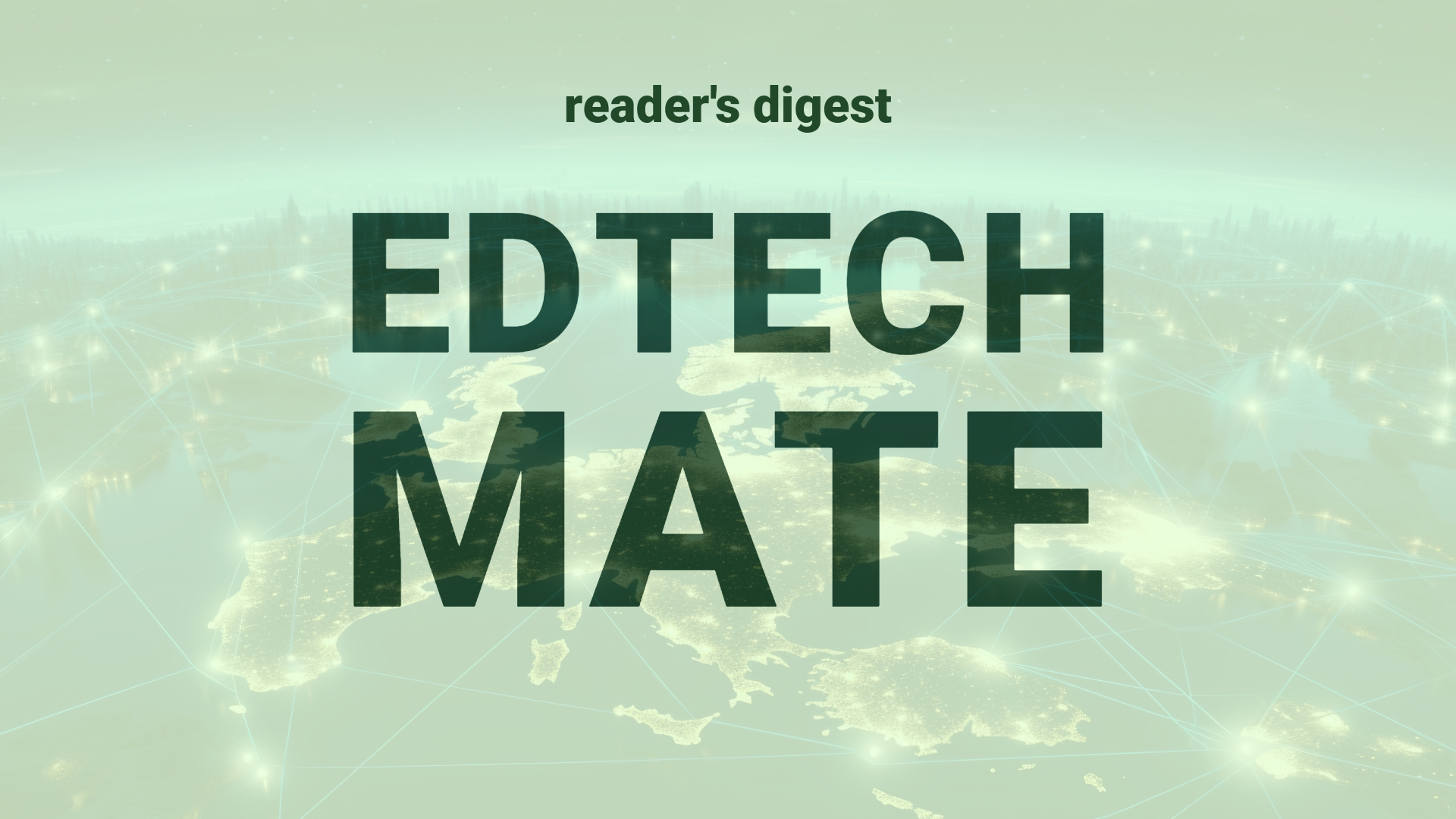Executive Summary and Main Points
Graduate education is transitioning from a structured, certainty-leaning learning model to an explorative and agile environment. Unconventional learning experiences are beginning to define postgraduate studies, with an emphasis on academia’s uncertain nature. Key innovations in this space include the cultivation of adaptive research skills, evolving academic relationships, and a heightened importance of choosing the right academic advisor. These shifts are challenging conventional pedagogies and indicating a significant trend towards individualized intellectual development.
Potential Impact in the Education Sector
This shift towards uncertainty and independent exploration could impact Further Education, Higher Education, and Micro-credentials significantly. Strategic partnerships between institutions and technology companies may provide the tools and frameworks needed to navigate the shift. Digitalization could empower a more bespoke path in higher education, encouraging personalized learning and greater agility in research. The role of a capable and compatible supervisor is accentuated, potentially influencing the strategies behind faculty development and the structuring of graduate programs.
Potential Applicability in the Education Sector
Innovative applications such as AI-powered research assistants and digital tools for collaboration could be tailored to support this new paradigm of global education systems. These solutions have the potential to mitigate the uncertainties in research work, enhance academic relationships by improving communication, and aid in the analytical assessment of suitable academic mentors. Fostering digital competencies among both educators and learners becomes critical for educational resilience and efficacy.
Criticism and Potential Shortfalls
While this paradigm shift offers opportunities for growth, it comes with challenges. Excessive focus on adapting to uncertainty may neglect the need for a foundational understanding of certain core competencies. The potential mismatch between student expectations and the reality of graduate studies could lead to dissatisfaction and attrition. Additionally, cultural and ethical implications arise as the dynamic between professor and graduate student is redefined. International case studies indicate these models may not be universally applicable or successful, emphasizing the need for cross-cultural competence in implementing reforms.
Actionable Recommendations
Education leadership should facilitate workshops and preparatory sessions for prospective graduate students to set realistic expectations concerning the nature of graduate research. Institutions could develop digital literacy programs and invest in innovative tools that support a culture of agility and adaptability. Periodic assessments that evaluate the compatibility between students and academic supervisors could be instituted to preclude negative experiences. Finally, international education leadership must be cognizant of global diversity in educational models and be prepared to tailor approaches to local cultures and values.

